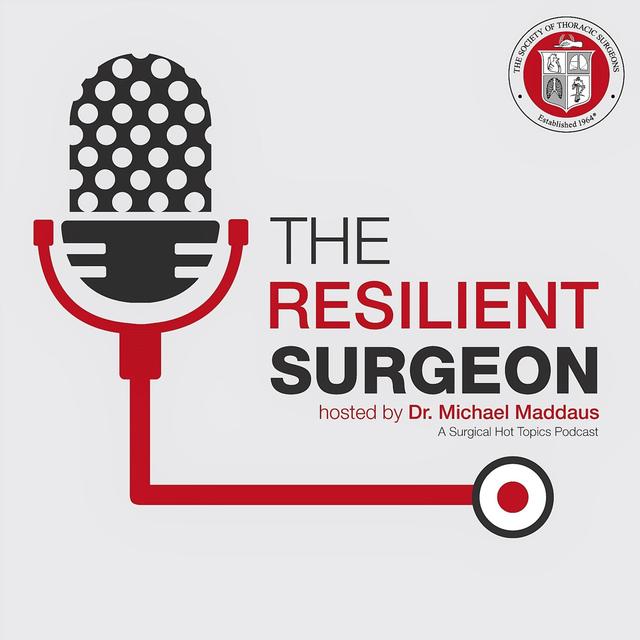Welcome to another episode of our podcast,where we delve into the intricate world of early career cardiothoracic surgeons. Today,we'll explore the crucial relationships that these professionals need to nurture and manage effectively. Early career cardiothoracic surgeons often find themselves navigating a complex web of relationships, each one pivotal to their success and well-being. Among these, the patient relationship stands out as particularly significant.
This bond can be a source of immense pride and fulfillment, offering moments of healing and connection. On the flip side, it can also become a source of stress and discontent if not handled with care. During their training, surgeons receive extensive education on the technical aspects of procedures. They learn the intricacies of guidelines and are expected to keep up with the latest publications in the field.
However,there is a notable gap in explicit lessons on how to cultivate positive patient relationships and manage the challenges that arise from them. Navigating these relationships requires more than just clinical expertise; it demands empathy, communication skills, and a deep understanding of the human experience. Early career surgeons must learn to balance the demands of their technical responsibilities with the emotional needs of their patients.
In conclusion,while the technical training for cardiothoracic surgeons is rigorous and comprehensive, the subtler art of managing patient relationships often requires on-the-job learning and personal growth. By recognizing the importance of these relationships and striving to improve them, early career surgeons can enhance their practice,reduce stress, and ultimately provide better care for their patients.
Thank you for joining us today,and we hope this discussion sheds light on the vital, yet often overlooked,aspect of a surgeon's career.

